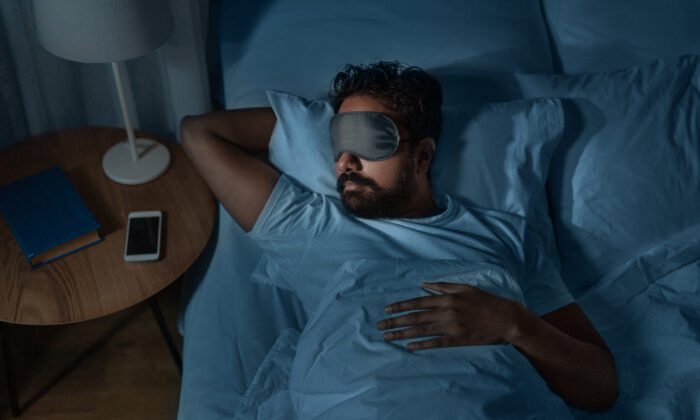Nearly One Third of Adults Not Getting Enough Recommended Sleep
Nearly a third of the population struggles to meet the recommended 7-9 hours of sleep per night.
Recent research from Flinders University shows that 31% of adults are not achieving the advised 7-9 hours of sleep nightly, making quality rest harder to come by.
As vital to well-being as diet and exercise, sleep was the subject of a global study involving 68,000 adults worldwide.
Among those who did meet the adequate sleep hours, about 40% of those nights fell outside the ideal range.
Approximately 15% suffer from chronic insomnia, and around 20% are diagnosed with sleep apnea.
Hannah Scott, a sleep researcher at Flinders University, stated, “This is crucial because not sleeping enough, or possibly too much, has negative effects that are now starting to be understood.”
“Achieving the recommended amount of sleep regularly is a difficult task for many individuals, particularly during the workweek.”
The Flinders Research Group used sleep-tracking data with an under-mattress sensor to determine the sleep patterns of adult participants.
On average, female participants slept longer than males, while middle-aged individuals had shorter sleep durations.
In response to these findings, Professor Danny Eckert, director of Sleep Health research at Flinders University and an Australian National Health and Medical Research Council (NHMRC) leadership fellow, emphasized the importance of prioritizing sleep in public health initiatives.
“Based on these findings, public health efforts need to focus on supporting individuals to achieve more consistent sleep within the recommended range for their age,” he explained.
“Given the significance of sleep for overall health, we must also help people address chronic sleep issues and encourage a greater emphasis on sleep.”
Recognizing the multifaceted nature of sleep problems, from lifestyle choices to medical conditions, the researchers suggest a variety of strategies to enhance sleep quality and duration.
1. Understand the Different Sleep Phases
Learning about light and deep sleep stages is crucial for effectively addressing sleep problems. Light sleep aids in memory consolidation and recovery, leading to deeper, more restful sleep.
2. Stick to a Consistent Sleep Schedule
Maintaining a regular sleep routine, even on weekends, can greatly improve sleep quality. Having a set wake-up time and going to bed when naturally tired are key.
3. Make Up for Lost Sleep
If unable to maintain a regular schedule, compensatory sleep can help offset the effects of sleep deprivation.
4. Recognize Signs of Sleep Deprivation
Symptoms like daytime drowsiness, difficulty concentrating, and memory issues indicate the need for more restful sleep.
5. Experiment with Longer Sleep Opportunities
Individuals sleeping less than seven hours could benefit from incorporating naps or allowing more time for sleep.
6. Practice Good Sleep Habits
Reducing caffeine and alcohol intake, especially before bed, and avoiding heavy meals can facilitate a smoother transition to sleep.
7. Seek Professional Help
Consulting a medical professional is crucial for those concerned about their sleep, with access to sleep specialists for diagnosing and treating sleep disorders.






